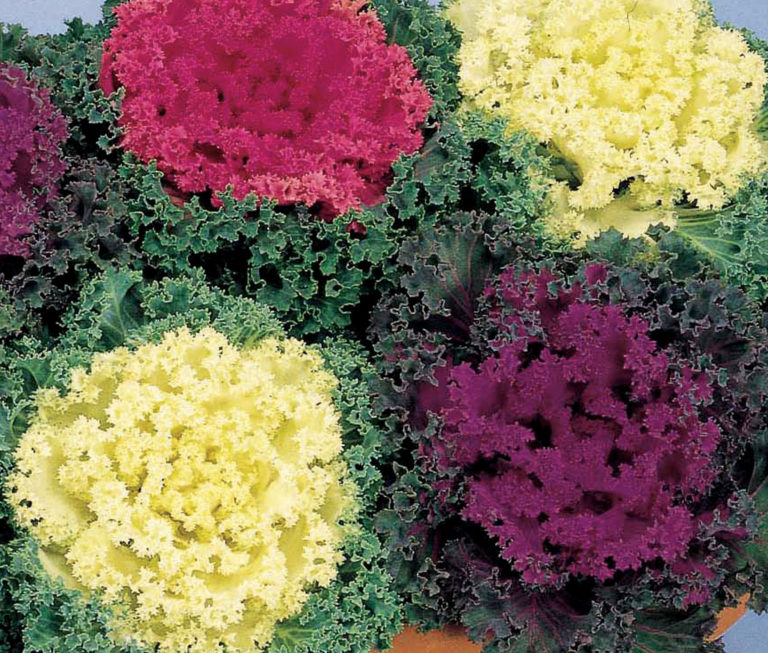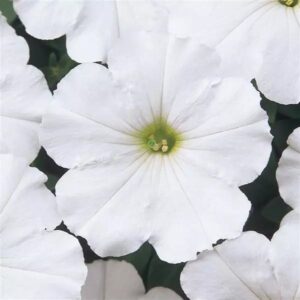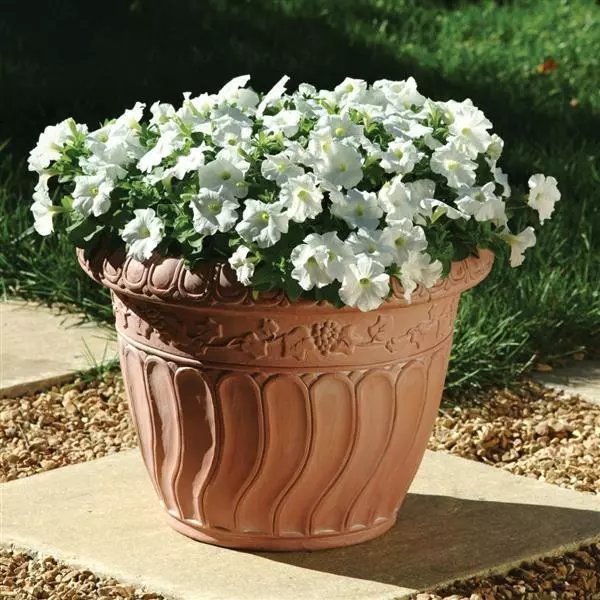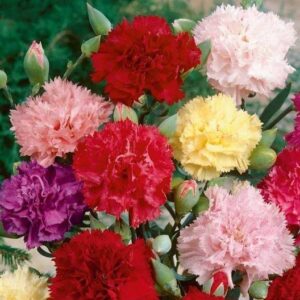Ornamental kale Kanome Mix color Seeds
Ornamental kale Kanome Mix color(Brassica oleracea or variants) is a leafy green biennial plant, grown as an annual vegetable crop for its dense-leaved heads. Closely related to other cole crops, such as broccoli, cauliflower, and brussels sprouts, it descends from B. oleracea var. oleracea, a wild field cabbage.
Ornamental kale Kanome Mix colorCabbage heads generally range from 1 to 8 pounds (0.5 to 4 kg), and can be green, purple and white. Smooth-leafed firm-headed green cabbages are the most common, with smooth-leafed red and crinkle-leafed savoy cabbages of both colors seen more rarely.
Ornamental kale Kanome This cool-season crop grows best when daytime temperatures are in the 60s F. Direct-seed or transplant spring crops for fresh use in summer. Plant fall crops for winter storage or sauerkraut. Lifecycle: annual
Ease-of-care: moderately difficult, Requires good soil, timely planting and protection from pests.
| COMMON NAME | FLOWER COLOURS | BLOOM TIME | HEIGHT | DIFFICULTY |
|---|---|---|---|---|
| wild cabbage, cabbage, broccoli, cauliflower, broccoflower, kale, borecole, collards, gai laan, kai lan, Brussels sprouts, kohlrabi, knol-kohl, purple sprouting, sprouting broccoli, calabrese. | – | Winter | Height: 1 to 2 feetSpread: 1.5 to 3 feet | Easy to moderate |
Planting and care
The planting season for cabbage is quite long. Early cabbage should be transplanted as soon as possible so that it can mature before summertime heat. If you have been wondering when to plant cabbage plants, you should know that several varieties are available at different maturity times so you can have a harvest all summer long.
When thinking about when to plant cabbage plants, you should remember that hardened plants can be very tolerant of frosts. Therefore, you can plant these early in the spring with other cool season vegetables. Late cabbage can be started during mid-summer, but remember that they won’t develop a head until fall.
| SUNLIGHT | SOIL | WATER | TEMPERATURE | FERTILIZER |
|---|---|---|---|---|
| Cabbage needs at least 6 hours of full sun each day; more is better. | Requires well-drained soil, fertile soil high in organic matter, pH 6.0 to 7.5. Can tolerate slightly alkaline soil. This heavy feeder also needs plentiful, consistent moisture. | Water regularly, applying 1 to 1.5 inches of water per week if it doesn t rain. | Germination temperature: 45 F to 85 F – Will germinate at soil temperatures as low as 40 F. | Fertilize plants again with a liquid fertilizer such as fish emulsion or 20-20-20 after they begin to develop new leaves and when they start forming heads. |
Caring for Ornamental Kale Imported
- When transplants reach 5 inches tall, thin to make sure they are still the desired length apart. (The plants you remove can be transplanted elsewhere in your garden.)
- Fertilize 3 weeks after transplanting.
- Keep soil moist with mulch and water 2 inches per week.
- Start cabbage seeds indoors 6 to 8 weeks before the last spring frost.
- See frost dates for your area here.
- Harden off plants over the course of a week.
- To prepare soil, till in aged manure or compost.
- Transplant outdoors 2 to 3 weeks before the last expected frost date. Choose a cloudy afternoon.
- Plant 12 to 24 inches apart in rows, depending on size of head desired. The closer you plant, the smaller the heads.
- Mulch thickly to retain moisture and regulate soil temperature.
- Practice crop rotation with cabbage year to year to avoid a build-up of soil borne diseases.
- Although broccoli, cauliflower and cabbage are closely related, cabbage will not tolerate them. Also avoid proximity to strawberries and tomatoes.
- Cabbage can be grown near beans and cucumbers.








